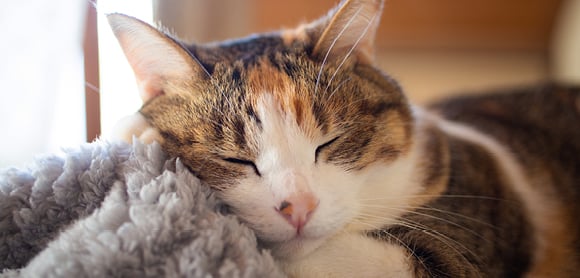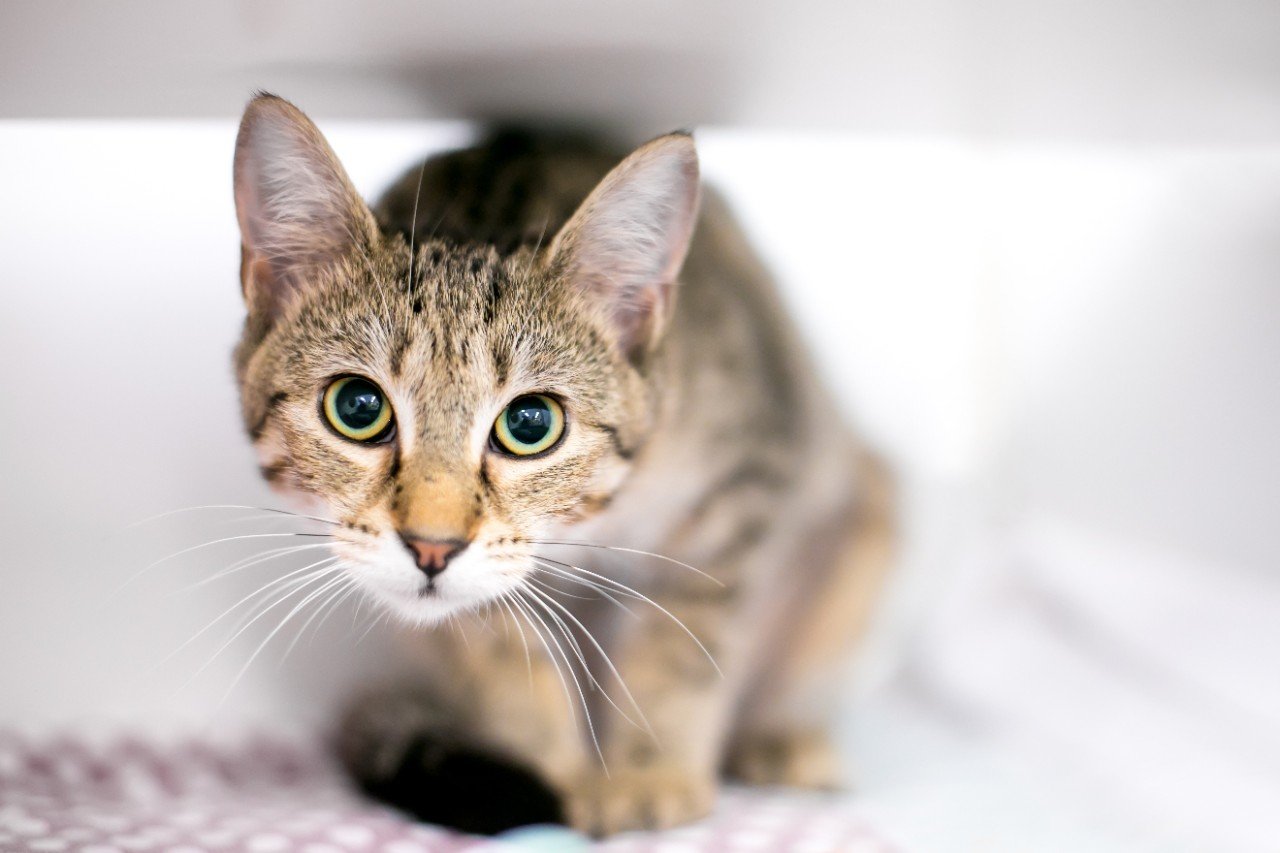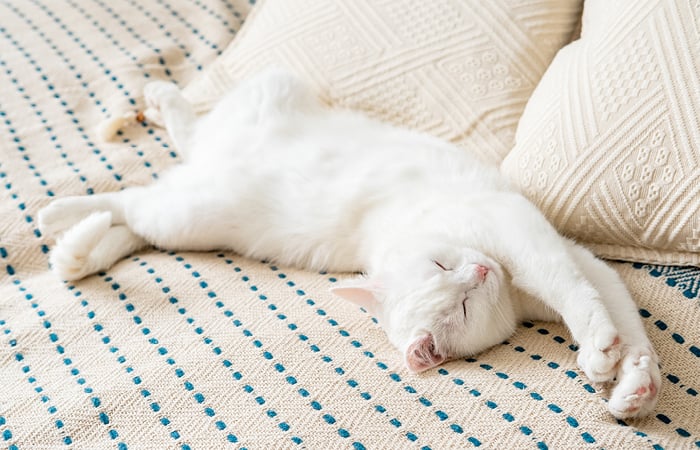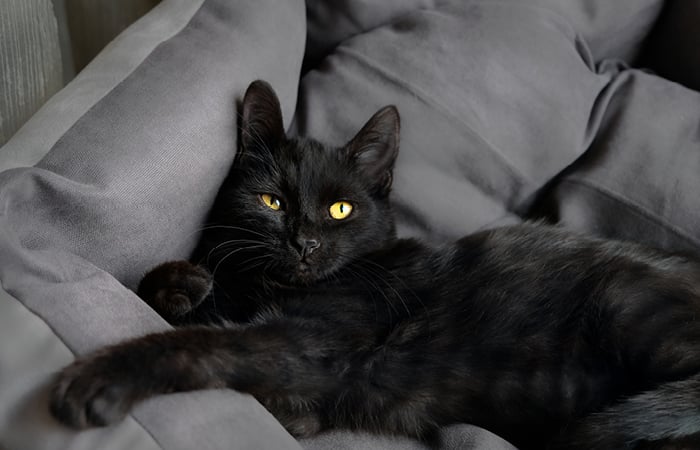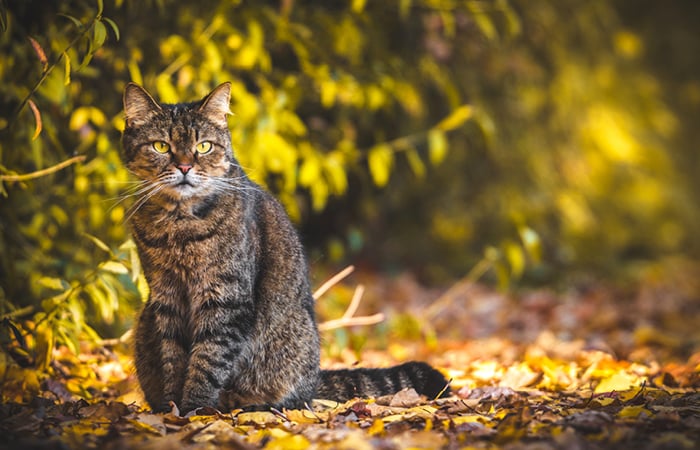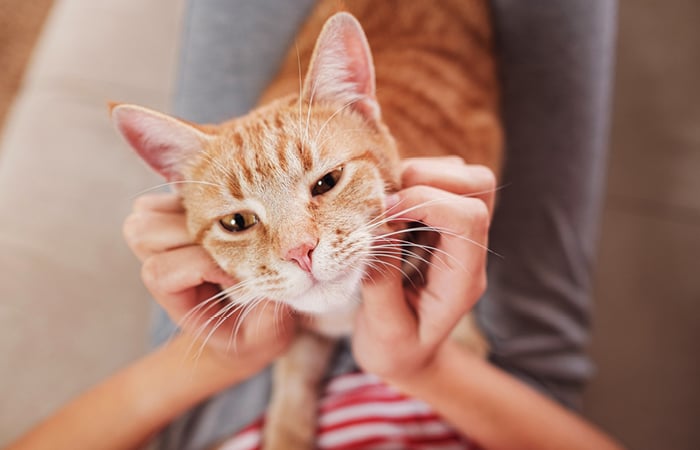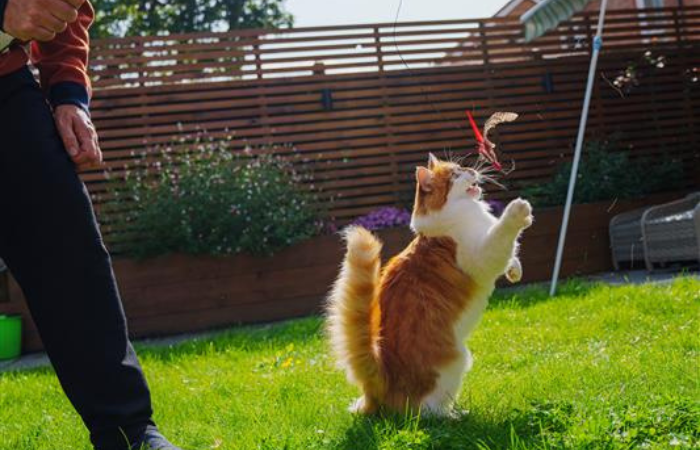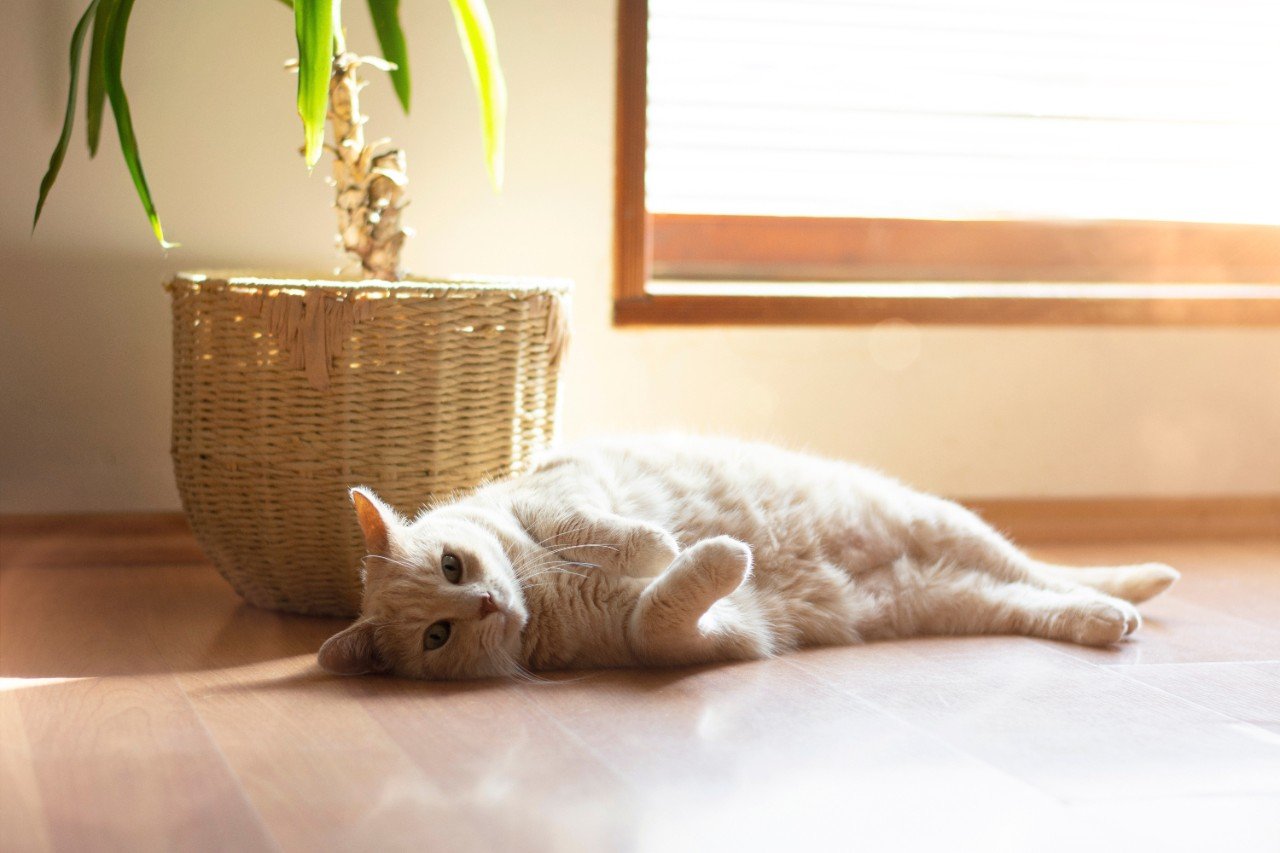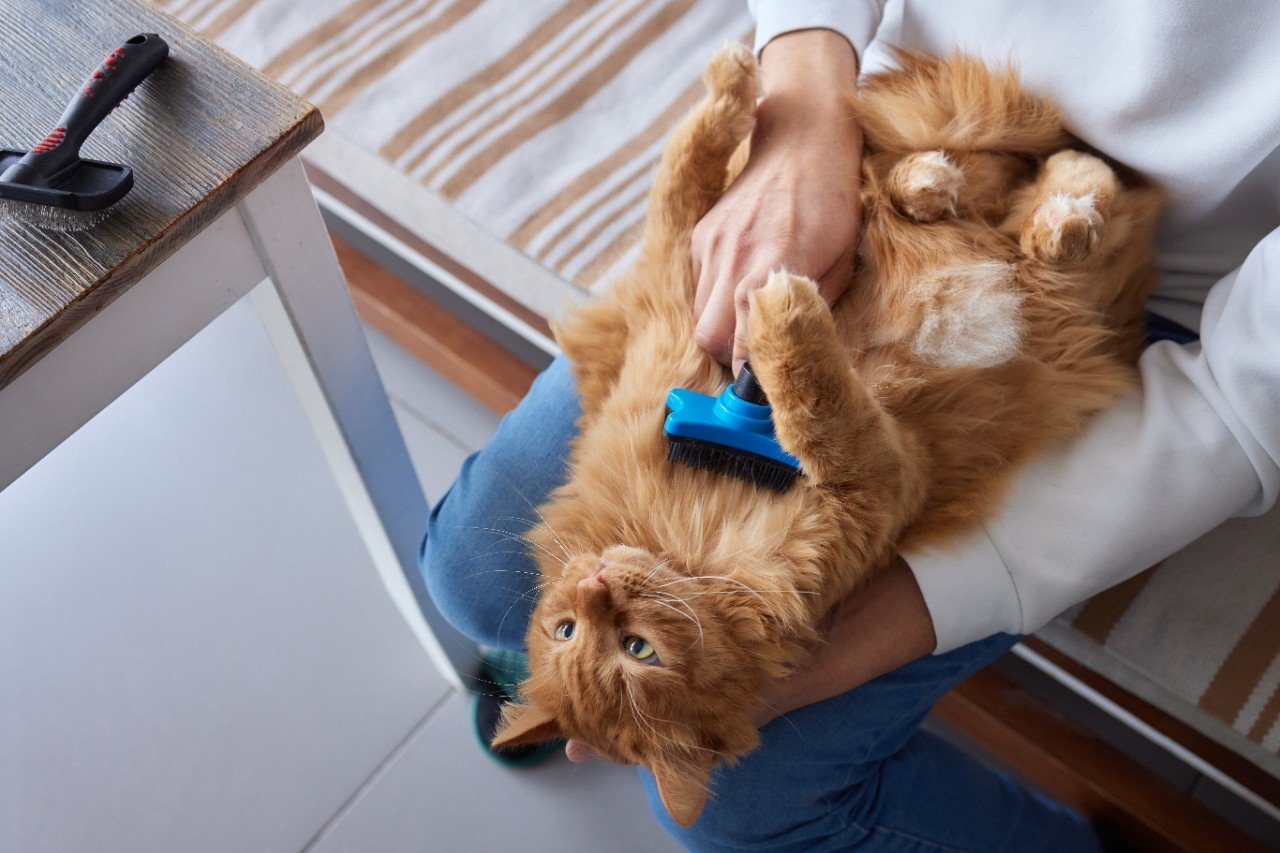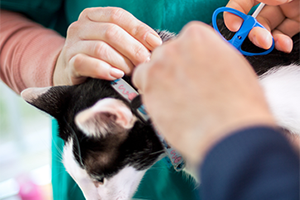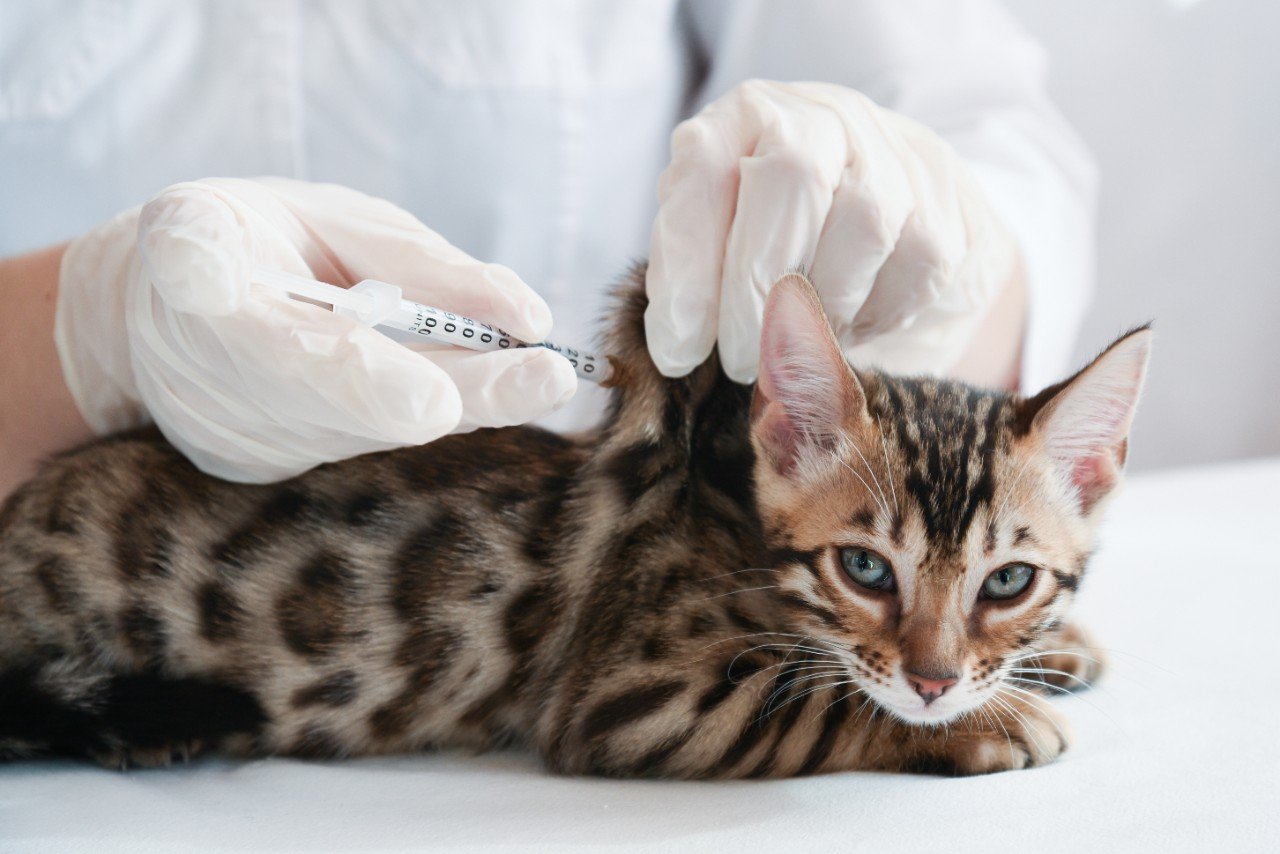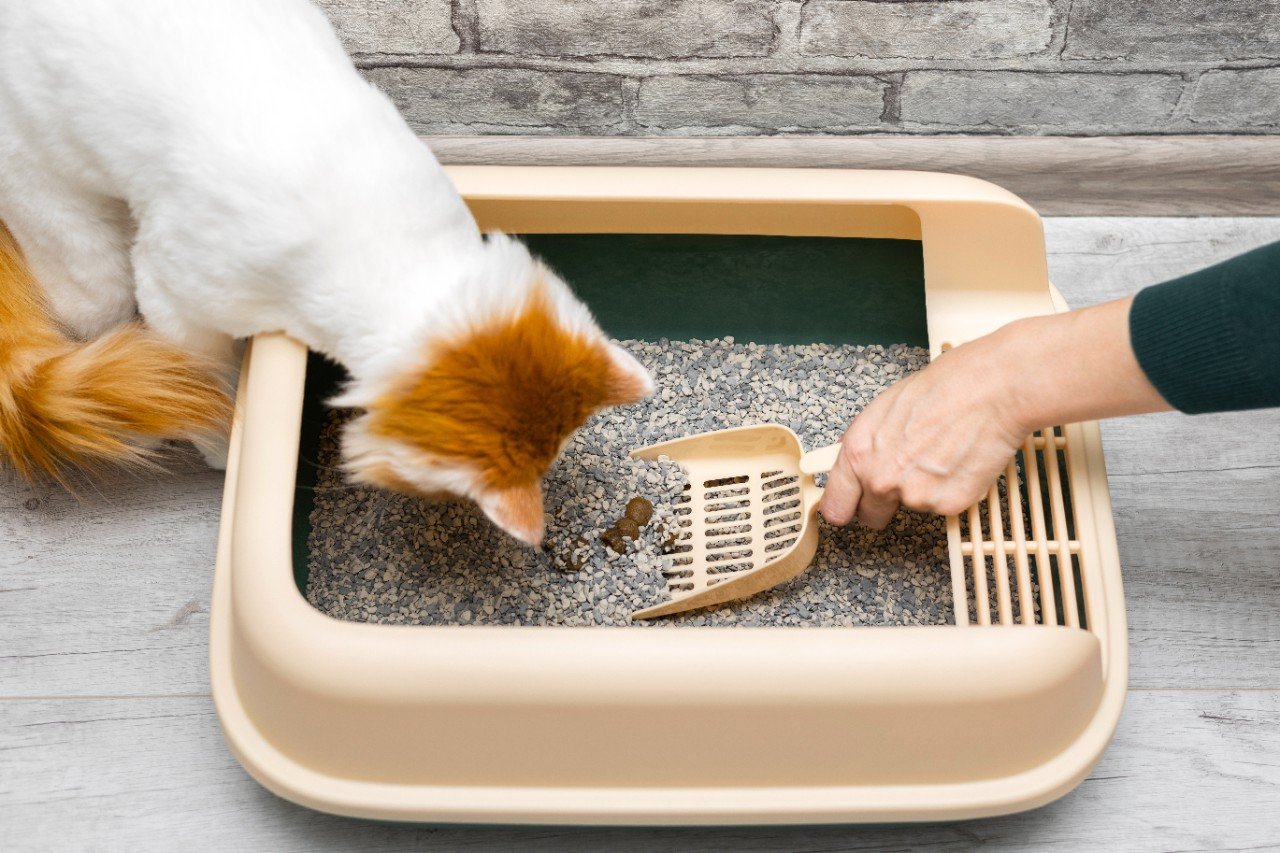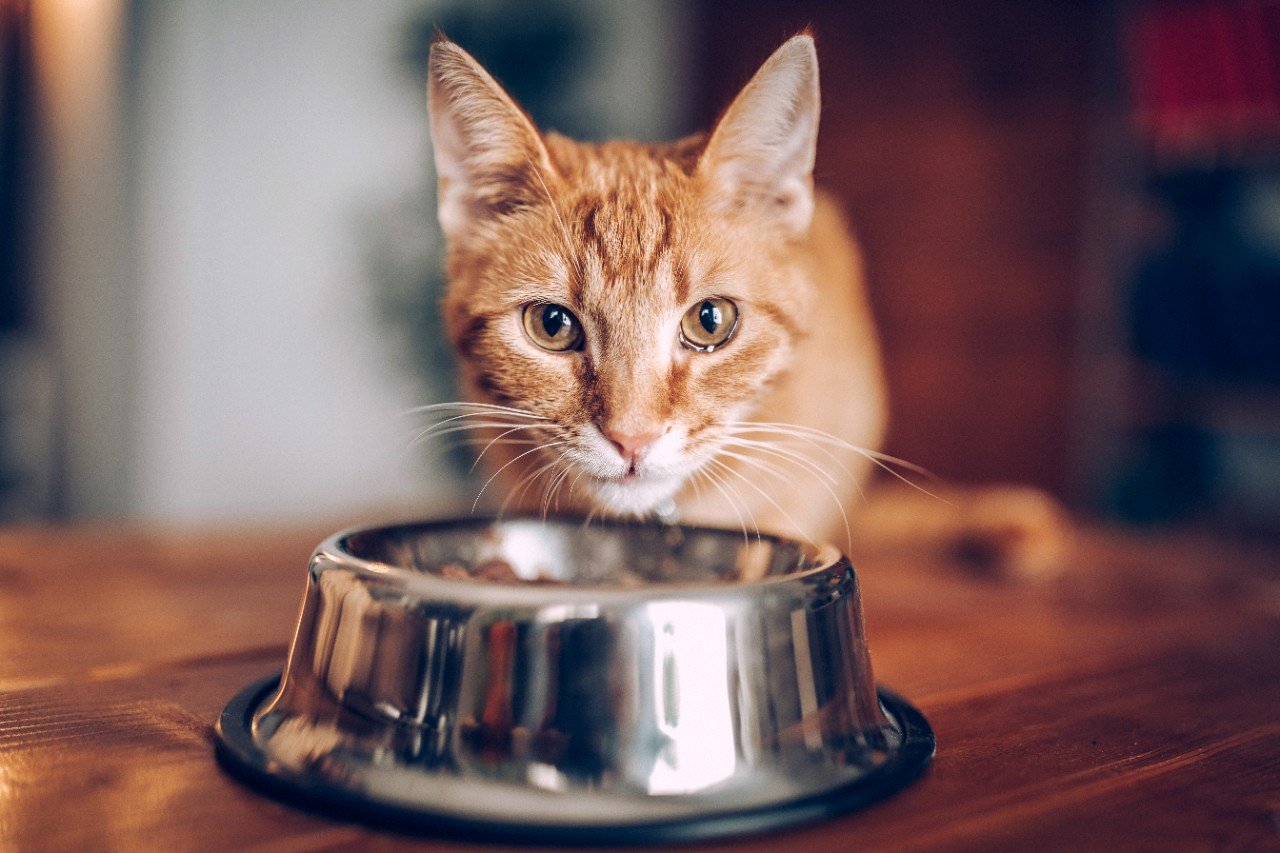
Savannah

An intelligent and cheetah-like cat with a controversial history
Vital stats
Swipe to view more
| Size: | Large |
| Coat: | Short-haired |
| Life span: | 12 – 15 years |
| Temperament: | Intelligent, energetic, loyal |
Savannah personality & temperament

A Savannah cat’s personality can be hard to predict and genetics are to be considered when determining their temperament and unique needs. Your Savannah cat can be lively and energetic, or they can be gentler and calmer.
Savannah cats are a crossbreed between a domestic cat and the wild Serval. Based on their parentage, they are labelled as F1, F2, F3, and so on. An F1 Savannah cat is the wildest of the breed, with a Serval as one of its parents.
Swipe to view more
| Savannah Cat Filial Number | Serval Ancestry | What to know |
| F1 | First generation Serval cat | This cat is considered an exotic animal in the UK, having a Serval parent, usually the father, and one domestic cat parent. A licence to own an F1 Savannah cat is needed in the UK. |
| F2 | Second generation Serval cat | Has one Serval grandparent. |
| F3 | Third generation Serval cat | Has a Serval great-grandparent but is mostly bred from domestic cats. |
- Savannah cats with higher ‘F’ numbers are generally smaller, more relaxed and docile – although they are still much more playful and adventurous than other domestic breeds and you should carefully consider whether you have the space and energy to care for such a boisterous pet.
- If you’re looking for a lap cat, the Savannah cat is not for you. They’re energetic, daring and they’ll keep you on your toes. They love to jump and you may find yours on the top of doors, springing from the top of the stairs, and leaping onto your kitchen cabinets.
- Savannah cats are incredibly loyal to their family. They’re affectionate and love attention, you may even find them wanting to sleep in your bed or following you around the house, like a second shadow.
- Those with a genetically more relaxed temperament can make great family pets. With the right socialisation at an early age, they love to be around people and other pets and are devoted to everyone in the home.
- You should only take on a Savannah cat if you can spend lots of time with them as they don’t do well on their own and need constant stimulation from their owners, toys or other activities.
Savannah food & diet

Because of their rarity in the UK there are some inconsistencies regarding advice on what to feed Savannah cats. It’s best to develop a good relationship with your vet and to discuss their nutrition with them.
- Considering that F3 Savannah cats’ genetics are mostly domestic, some owners are happy to feed their pet domestic cat food. In this case it’s best to give them high-quality, high-protein ‘wet’ food.
- Savannah cats do not need meats with high fat content or foods with grains or carbohydrates. These can lead to poor nutrition in your cat and longer-term health problems.
- Adolescent and adult Savannah cats are large. They’re tall, around 17 inches (43cms), muscular and they can weigh up to 25lbs (over 11kgs). The Guinness Book of World Records has recognised a Savannah cat as the world’s tallest domestic cat. So, it’s important to remember that they can have a big appetite and ask for lots of food. However, because they are so active, obesity is less of an issue than with other large breeds such as the Ragamuffin or Maine Coon.
Savannah grooming & coat care

Savannah cats do not need much support in grooming and coat management. But they do need some dedicated attention from you.
- Despite their low-shedding, low-maintenance coat, you may want consider weekly grooming sessions, to get your Savannah cat accustomed and to keep their coat healthy.
- Introduce grooming, nail clipping and tooth brushing when your Savannah cat is a kitten so they’re used to it before they’re fully grown.
- Savannah cats are not entirely hypoallergenic, but they are often considered to be allergy-friendly because they are short-haired and don’t shed much. As with any cat, they do still shed dander, so it’s a good idea to spend time with a cat before you bring them home to see how you react.
- The Savannah cat has a distinctive coat which resembles that of a cheetah. There are four colour options which include:
- Black, with spots which are only visible close up and on their belly
- Brown-spotted, a biscuit-coloured coat with dark brown spots
- Silver-spotted, a pale grey coloured coat with black spots and,
- Black smoke, the rarest of all - a paler undercoat and hairs with black tips, giving them the appearance of being covered in smoke. They still have spots too!
Savannah training & behaviour

Savannah cats can easily be trained, and it’s a great way for them to use up their energy. They can be boisterous and get bored easily.
- Savannah cats are extremely intelligent. It’s generally easy to train them to use a litter tray, and with patience, skill and dedication, you can train them to walk on a lead, play fetch and even jump on command.
- It’s best to start training your Savannah cat when they are still a kitten – using positive reinforcement techniques.
- Savannah cats and their curiosity can get them into trouble! They’re able to open doors on their own, get into cabinets, and they even love getting into showers and bathtubs. It’s best to keep your Savannah cat occupied with lots of interactive toys and fun games to burn off their energy.
- One of the most distinctive Savannah cat traits is their super-jump. From their wildcat ancestry, the this breed has retained the ability to spring up to 8 feet (2.4 m) from a stationary position. A range of cat trees and scratching posts of different sizes around your home will keep your pet occupied safely.
- Savannah cats are affectionate and love attention. They’re happiest spending time with people and they don’t do well in isolation.
- A bored Savannah cat can be destructive, and knowing their F number (F2, F3, F4) indicates how much of their genetic make-up is wildcat. The higher the number, the further back in their ancestry is the wild cat, and, in theory, the more relaxed their temperament will be.
- Your Savannah cat may want to go outside to explore but they should never be outside unsupervised. If you can, create a safe outside space or ‘catio’ with branches, cat trees and lots of toys to keep them entertained. If they are unsupervised, they could be at risk of theft due to their beautiful markings and financial cost.
- Savannah’s are also a risk to native UK wildlife as their jumping ability is unlike any other domestic cat and their wild ancestry gives them a high prey drive.
Common Savannah health conditions

What to know before you buy or rehome a Savannah cat

Savannah cats make great family pets for people who love high-energy pets. But there is a lot to think about before choosing a Savannah cat.
- Ask the breeder about the ancestry of your Savannah cat before making your decision. It’s illegal to own or import an F1 (first generation) Savannah cat without a licence and registration with your local council. Only Savannah cats of F2 or above are eligible for pet insurance.
- Choosing a Savannah cat is a big commitment, and this is not a breed for first time owners. Even if you’ve had a cat before, getting advice from experts is a good idea so you are prepared.
- Savannah cats are susceptible to eye conditions, infectious diseases, gastrointestinal tract disorders, cystitis, kidney disease. Additionally, there are common illnesses which affect all cats.
Savannah frequently asked questions
Savannah insurance considerations
We always offer these things as standard:
Physiotherapy & pet therapies
Along with physiotherapy, which is covered within the Vet Bills benefit, we also cover Pet Therapies like herbal medicine, homeopathy and acupuncture. You can also claim for hydrotherapy, up to £500 per illness/injury in dogs and cats (no additional limit for rabbits).
Petplan is a trading name of Pet Plan Limited (Registered in England No. 1282939) and Allianz Insurance plc (Registered in England No. 84638), Registered office: 57 Ladymead, Guildford, Surrey GU1 1DB.
Pet Plan Limited is authorised and regulated by the Financial Conduct Authority. Financial Services Register No. 311969. Allianz Insurance plc is authorised by the Prudential Regulation Authority and regulated by the Financial Conduct Authority and the Prudential Regulation Authority. Financial Services Register No. 121849. Pet Plan Limited is a subsidiary of Allianz Insurance plc.

